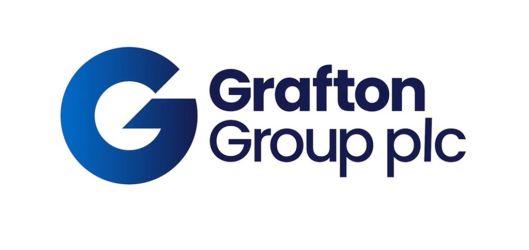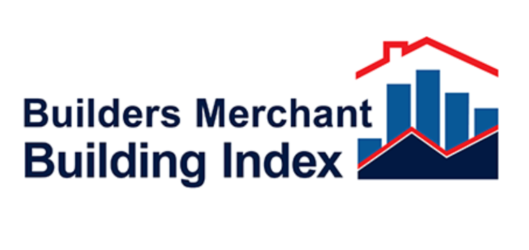
Stanley Black and Decker has posted Q2 net sales of $3.1 billion, down 16% on the same period last year, due to market-driven declines resulting from the Covid-19 pandemic.
Gross margin rate for the quarter came in at 32.2% (33.5% excluding charges) down 130 basis points versus the prior year, as the impacts from lower volumes, as well as currency and carryover tariff headwinds, were partially offset by price, productivity and strong cost management, the firm said.
"We effectively managed through a multitude of challenges during the second quarter to finish with a strong outcome given the environment," said President and CEO James M. Loree. "Our team demonstrated agility in the face of changing demand, swiftly implementing appropriate cost reduction actions while also responding to serve a rapidly improving demand picture in tools and storage, and security."
As Stanley Black and Decker enters the second half of the year, Loree said, it will remain focused on four key priorities: ensuring the health and safety of employees and supply chain partners; maintaining business continuity and financial strength and stability; serving its customers as they provide essential products and services; and doing its parts to mitigate the impact of the virus across the globe.
"We are making critical decisions around these priorities every day to safely operate our business and successfully navigate the global pandemic," he continued. "I am pleased with how our employees have responded and confident in our ability to successfully position the business to capitalise on improving market conditions and growth opportunities ahead."
During the second quarter, Tools and Storage net sales declined 16% from the same period in 2019 mostly as a result of lower volumes. Organic revenues across all regions were impacted by reduced business activity related to Covid, with North America posting sales down 10%, Europe down 21% and emerging markets down by almost a third (29%).
Although, 'exceptionally strong' DIY demand emerged in the company's global e-commerce and North American retail channels during late April, continuing throughout the rest of the quarter, which significantly improved the overall Q2 result. POS performance of Stanley's products in these channels rose to all-time high levels between May-July, while customer stocks are sitting at historically low levels.
The firm acknowledged Europe and emerging markets were impacted by decreased economic activity caused by rolling Covid-19 geographic lockdowns, customer closures and diminished consumer confidence. As the quarter progressed, Europe experienced improving demand while emerging markets continued to be 'choppy'.
Overall, the Tools and Storage segment profit rate, excluding charges, was 17%, flat versus the same period in 2019, which Stanley attributed to productivity, effective cost controls and price offsetting the impacts from lower volume, tariffs and currency.
Industrial net sales declined 20% versus Q2 2019 as the CAM acquisition was offset by volume and currency, most of which occurred in April with modest sequential improvement each month since. Engineered Fastening organic revenues were down 35% due to lower global automotive light vehicle and general industrial production. Infrastructure organic revenues were down 19% from lower volumes in Attachment Tools and Oil % Gas.
Loree added: "We are delighted with the second quarter performance under the circumstances. In particular, our ability to deliver against the weak but rapidly improving demand picture while maintaining our $1 billion cost reduction programme enabled near peak operating margin rates in Tools & Storage during a quarter currently believed to be a trough, was very encouraging."
Stanley Black and Decker withdrew its full year guidance in April as a result of the uncertainty surrounding the impacts of Covid-19, however the company confirmed it is proceeding with its $1 billion cost reduction programme announced 2 April, which it expects will deliver $500 million in cost savings in 2020. $175 million of savings have already been realised in Q2, signifying a strong start to the programme.
"We are managing through this crisis in a manner to preserve operational flexibility while acting decisively to prepare for and navigate a range of potential demand scenarios," offered Donald Allan Jr, Executive Vice President and CFO. "The team's performance in the second quarter clearly demonstrated ur ability to quickly shift to changing demand scenarios while maintaining our focus on our $1 billion cost reduction programme.
"In this uncertain environment, we will maintain this flexible posture as we move forward, keeping our cost reduction and capital deployment plans in place, but preparing to ramp back up to more normalised demand levels."
Allan also suggested new growth opportunities had emerged during the crisis in its Tools and Storage and Security businesses, with the company planning to pursue these with targeted investments in the second half of this year.

